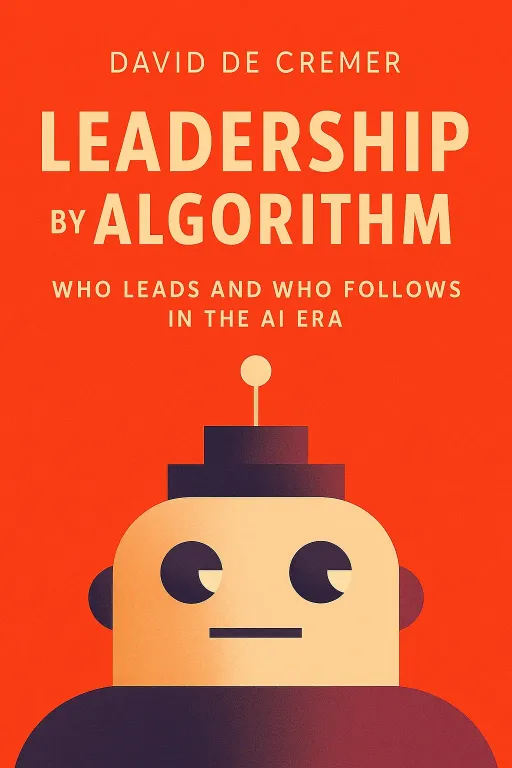
Leadership by Algorithm
David De Cremer
Explore the complex relationship between humans and AI in the workplace. This book delves into the impact of algorithms on leadership, organizational structure, and the future of work, offering insights on how to design technology that improves humanity.
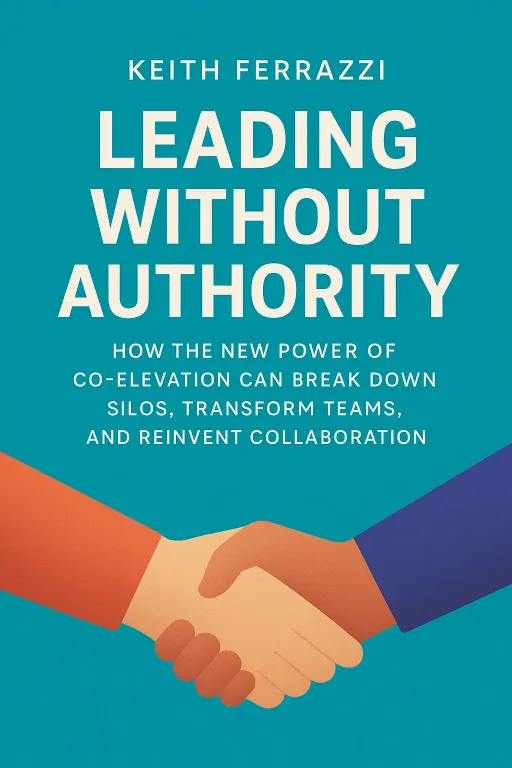
Leading Without Authority
Keith Ferrazzi
Discover the power of co-elevation and learn how to lead without authority in today's rapidly changing work environment. This book provides a practical guide to breaking down silos, transforming teams, and reinventing collaboration for breakthrough results.
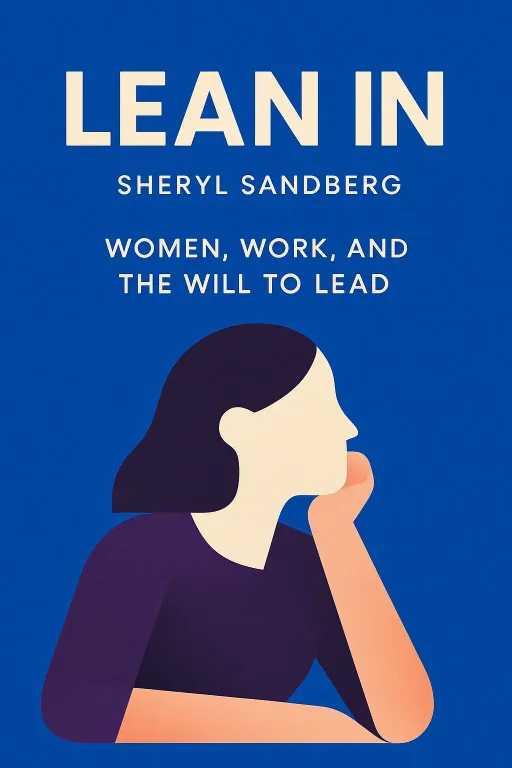
Lean In
Sheryl Sandberg
In Lean In, Sheryl Sandberg examines the reasons why women's progress in the workplace has stalled, explains the root causes, and offers compelling, practical solutions that can empower women to achieve their full potential. Sandberg encourages women to 'lean in' to their careers, negotiate for what they want, and overcome the internal and external obstacles that hold them back.

Coronavirus and Business
Harvard Business Review
An accelerated ebook edition of Coronavirus and Business: The Insights You Need from Harvard Business Review is a compilation of 16 recent articles from hbr.org. It provides you with essential thinking about keeping your company running remotely, managing your business through disaster and recovery, and finding it within yourself to lead with resilience through the crisis.
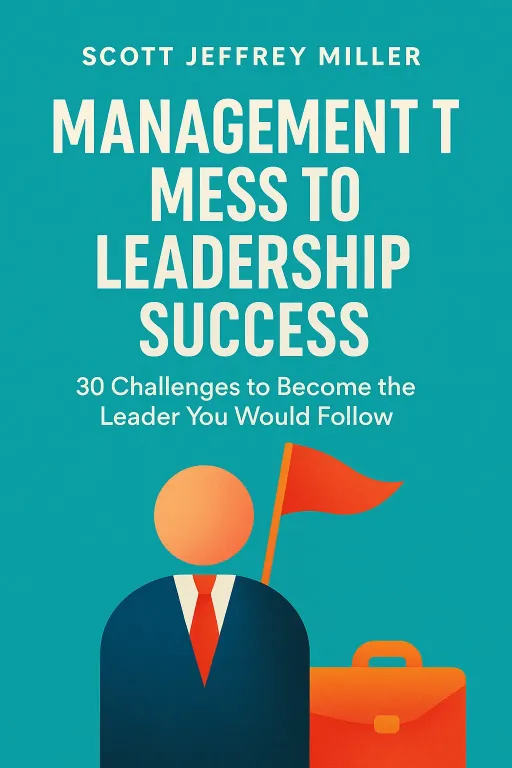
Management Mess to Leadership Success
Scott Jeffrey Miller
Transform your management style and become the leader you've always aspired to be. This book presents 30 challenges designed to help you navigate the complexities of leadership, build strong relationships, and achieve remarkable results. Learn from real-world experiences and proven principles to unlock your leadership potential.
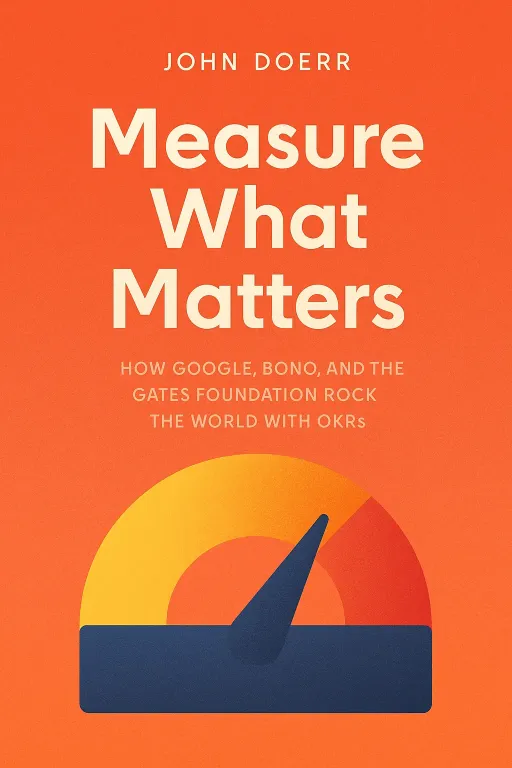
Measure What Matters
John Doerr
A behind-the-scenes look at how Objectives and Key Results (OKRs) have driven success at Google, the Gates Foundation, and other organizations. Learn how to implement this powerful goal-setting system to focus efforts, align teams, track progress, and achieve ambitious goals.
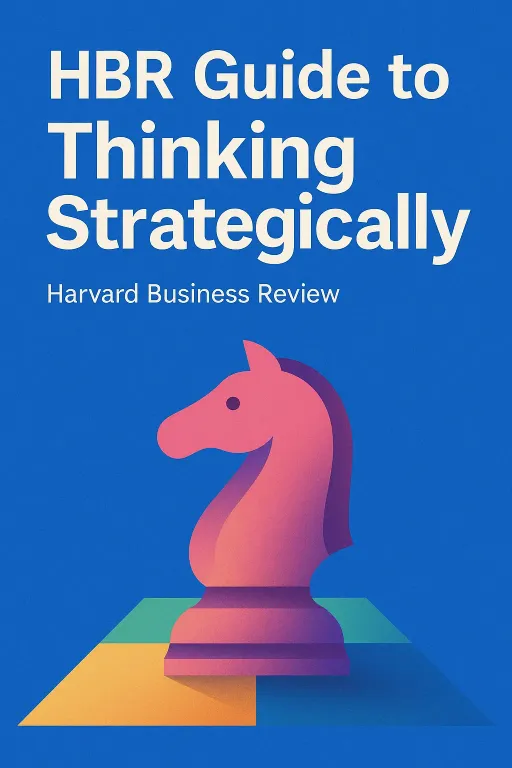
HBR Guide to Thinking Strategically
Harvard Business Review
Equip yourself with the tools to think strategically in your daily work. This guide provides practical tips and approaches to help you embed strategic thinking into your everyday work, create real value for your organization, and achieve your career goals. Learn how to understand your company's strategy, make better decisions, and align your team around strategic goals.
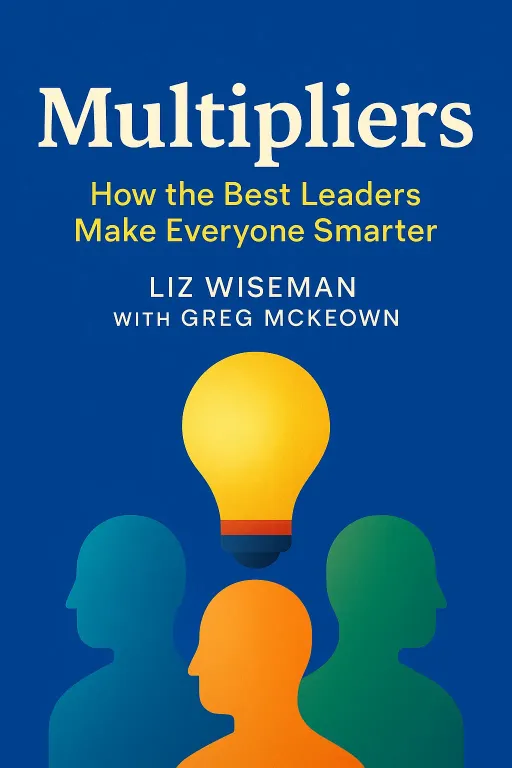
Multipliers
Liz Wiseman
Explore the leadership paradigm necessary for accessing the intelligence and potential of people in organizations. Discover how some leaders create genius all around them while others drain intelligence and capability from an organization. Learn the five disciplines that distinguish Multipliers from Diminishers and unlock the potential of your team.